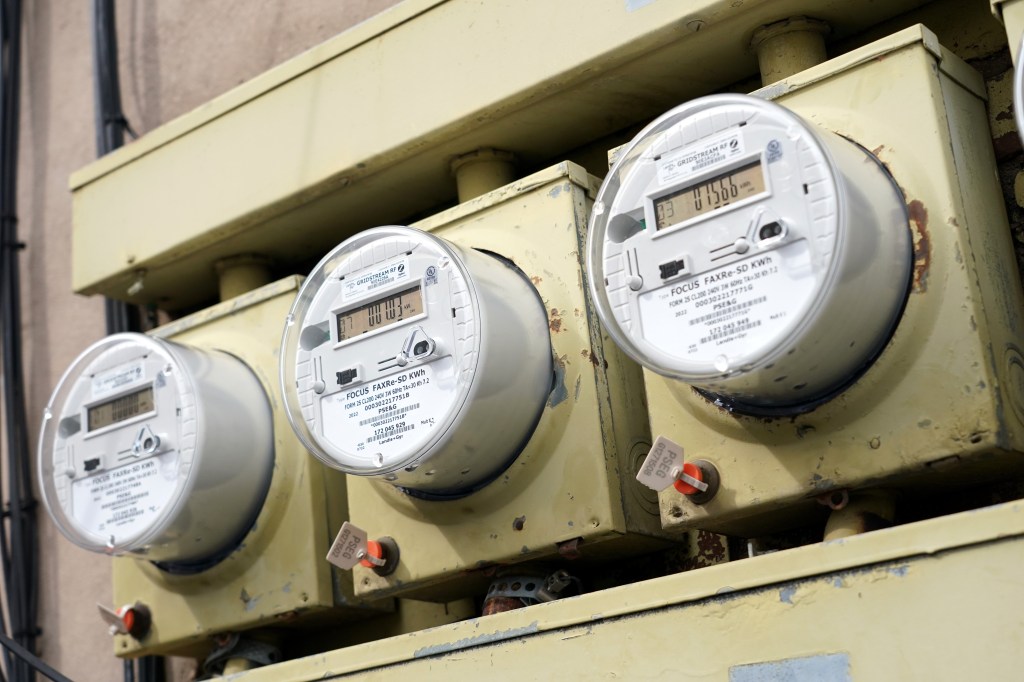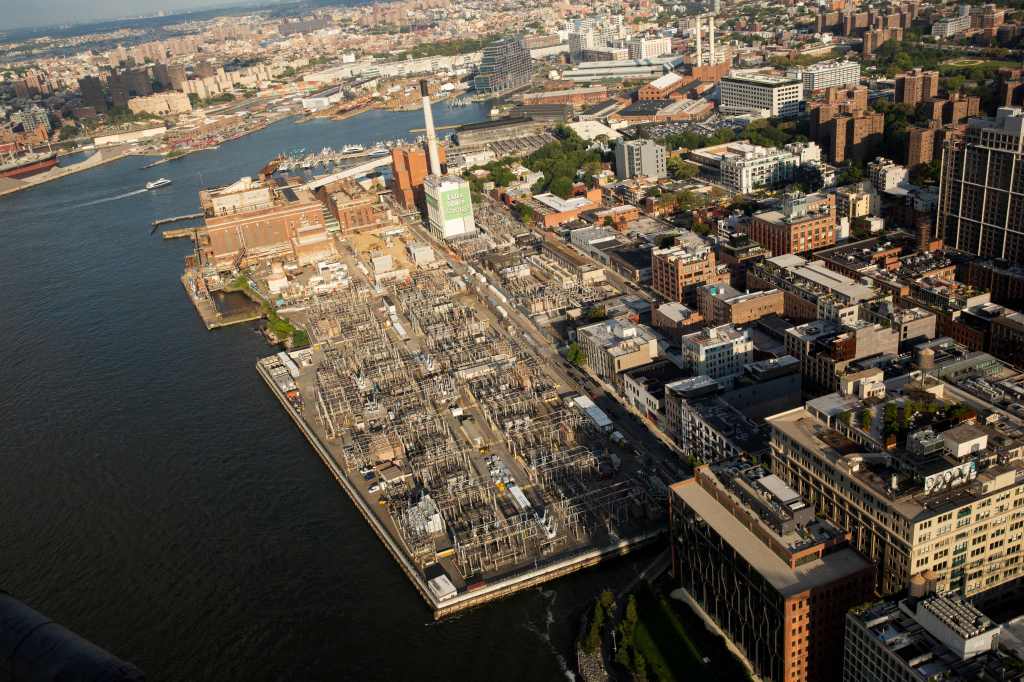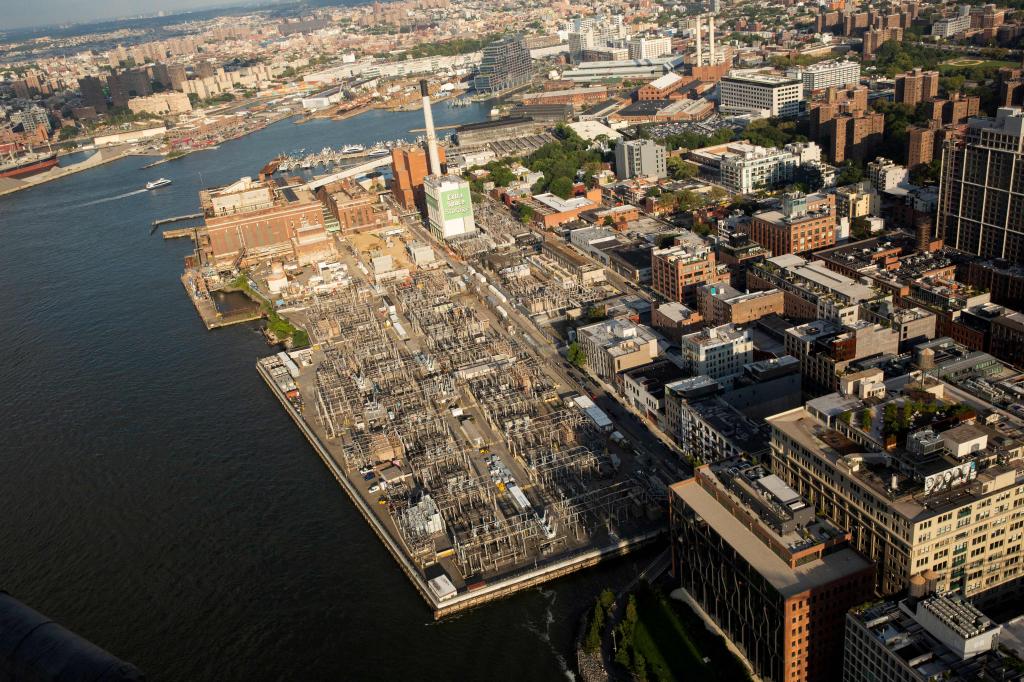New Yorkers could pay double for Con Ed gas, electricity by 2025 — and will see a steep 9% increase next month
New Yorkers could see their Con Edison gas and electricity bills more than double in the next two years due to a newly approved rate hike by the state’s top public utility regulator.
Next month alone, Con Ed will spike rates across the city by a staggering 9% as part of the three-year rate plan greenlighted by the state Public Service Commission Thursday.
An average Big Apple resident who uses 600-kilowatt hours of electricity per month will see their bill surge by an estimated $14.44 — or 9.1% — in August, a commission analysis of the plan shows.
Then, that customer will have to dig even further into their pockets when monthly bills rise by another $7.20 (4.2%) in January next year and roughly $2.43 (1.4%) come January 2025.
The utility behemoth’s gas customers will also feel the pinch.
A typical Con Ed customer that uses an average of 100 therms in a month will notice their bill increase a hefty $17.28 — or 8.4% — from next month, per the PSC analysis.
It’ll go up again in January by an average of $14.90 (6.7%) and then $15.61 (6.6%) the following year.
Essentially, the rate hikes could potentially mean a current monthly electricity and gas bill of $70 will now double to just over $140 come 2025.
“I’m scared, I am very scared,” Kitty Ruderman, who lives in a one-bed apartment in Forest Hill, Queens, told The Post of the impending hike.
“It’s horrible. I don’t get how they can do it.”
The 77-year-old said her Social Security checks already don’t cover her monthly bills — and she’s taken to not filling prescriptions to make ends meet.
“It’s all out of hand. It’s crazy. The only prescription I get is my blood pressure medication; otherwise, I ignore them. I don’t know where else I can save,” the senior said.
“We certainly did not need another Con Ed increase.”
The hefty price jump next month is to make up for Con Ed not being able to rake in the higher rates for the first half of this year, the state’s top public utility regulator said.
The commission defended Con Ed’s push for rate increases, saying the hikes were necessary, in part, to help the electricity giant cope with rising company costs and property taxes, as well as improve electric and gas operations across the board and the state’s climate change goals.
Con Ed, on their part, blamed the increases on the Big Apple’s property taxes.
“A large part of the rate increase is driven by taxes, most notably City of New York property taxes, which are now $1.9 billion as of financial year 2019–2020 and continue to increase every year,” the company noted on its website.”
Beth Finkel, the state director of AARP, which tracks utility issues, said the approved deal would only crush already struggling New Yorkers trying to make ends meet.
“According to the PSC’s own records, more than 400,000 residential Con Ed customers were behind on their energy bills as of June 2023, while nearly 150,000 households received final termination notices that month,” she said in a statement.
“This hefty rate increase will only add to the financial strain so many of these very same New Yorkers are experiencing.”
The finalized rate hikes for Con Ed customers across all five boroughs, as well as Westchester, come after the utility giant pushed for months to increase first-year total electricity revenue by $1.2 billion (11.2%) and gas by $503 million (18.2%) under its initial proposal.
Instead, the PSC said it voted Thursday to a levelized electric rate increase of $457.5 million and a levelized gas rate increase of $187.2 million for each of the three rate years.
“With today’s decision, Con Edison is required to pursue important energy efficiency initiatives among other progressive policies to advance the goals of New York State’s nation-leading climate change targets while mitigating bill impacts for most low-income customers, as part of New York’s nation-leading policy for energy affordability,” Commission chair, Rory M. Christian, said.





